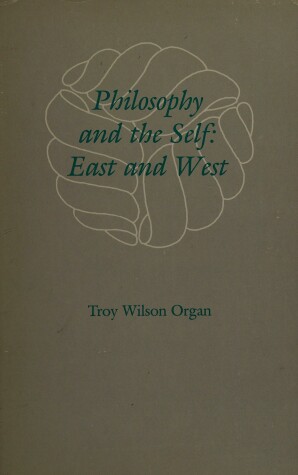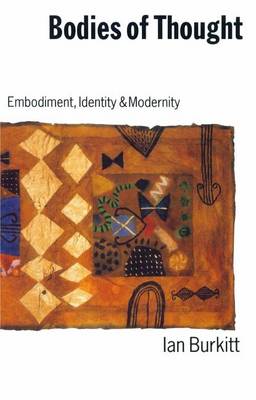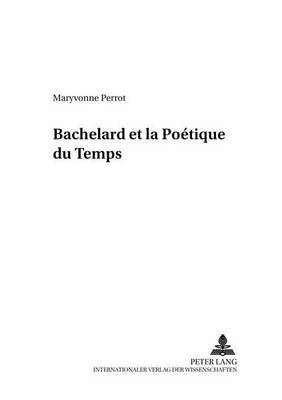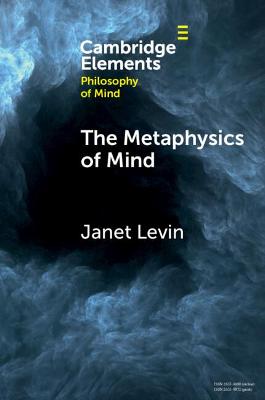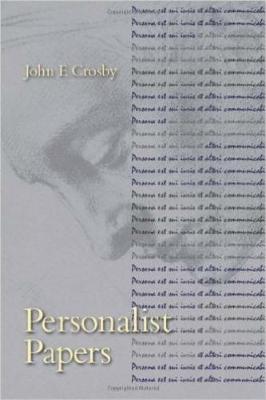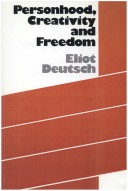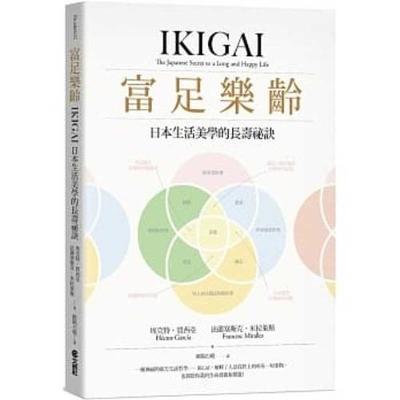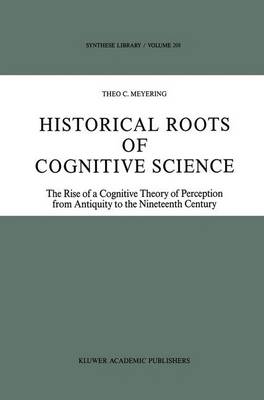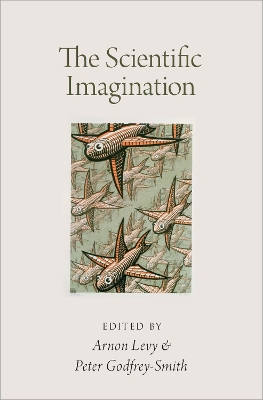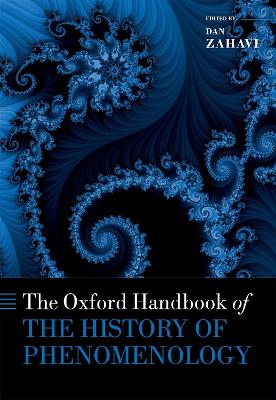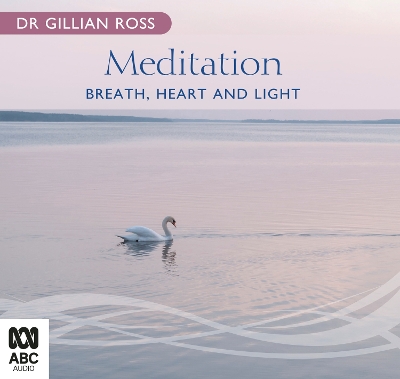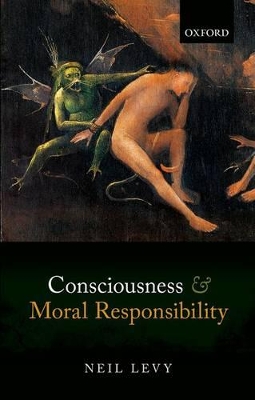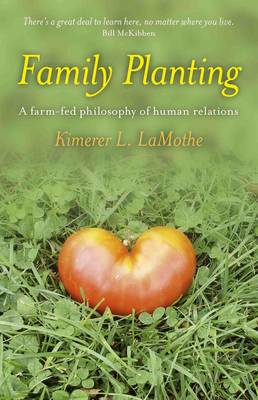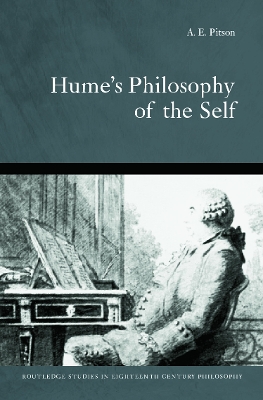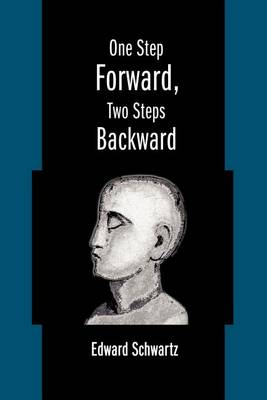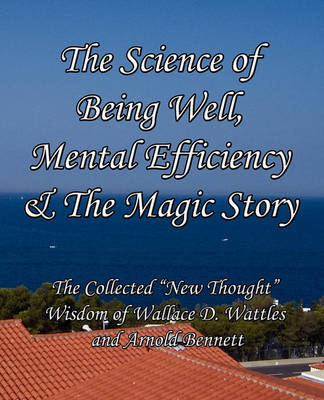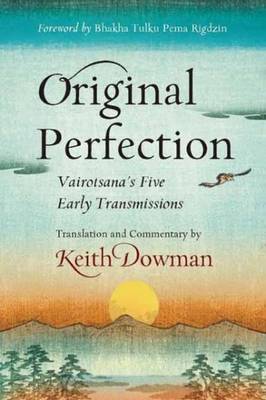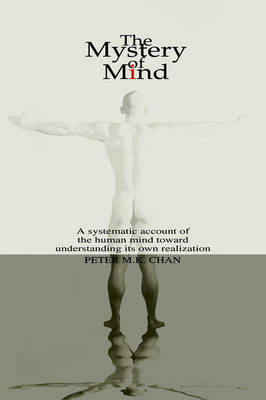Bachelard Et La Poetique Du Temps (Miroir Et Image. Philosophische Abhandlungen, #5)
by Maryvonne Perrot
Bachelard, l'homme du poeme et du theoreme, a souvent pose a ses lecteurs le probleme d'une coexistence de son engagement rationaliste avec son penchant pour l'imaginaire. La question primordiale a resondre est celle de l'absence d'une Poetique du temps, pendant de la Poetique de l'espace, chez un philosophe ayant reflechi sur les notions d'instant et de duree des ses premieres oeuvres. L'ouvrage propose donc de partir a la recherche de la Poetique du temps afin de determiner comment a travers...
In Knowing the Unknowable God, David Burrell traces the intellectual intermingling of Muslim, Jewish, and Christian traditions that made possible the medieval synthesis that served as the basis for Western theology. He shows how Aquinas's study of the Muslim philosopher Ibn-Sina and the Jewish thinker Moses Maimonides affected the disciplined use of language when speaking of divinity and influenced his doctrine of God.
The Metaphysics of Mind presents and discusses the major contemporary theories of the nature of mind, including Dualism, Physicalism, Role-Functionalism, Russellian Monism, Panpsychism, and Eliminativism. Its primary goal is to examine the strengths and weaknesses of the theories in question, including their prospects for explaining the special qualitative character of sensations and perceptual experiences, the special outer-directedness of beliefs, desires, and other intentional states, and—mo...
In Personalist Papers, John F. Crosby continues the discussion of Christian personalism begun in his highly acclaimed book, The Selfhood of the Human Person. Trained in phenomenology, Crosby stays close to our experience of persons, so that what he says finds a deep resonance in the personal existence of the reader. In his exceptionally clear style, he explores the unrepeatability of persons, drawing out the unique worth and dignity of each individual person. Crosby also explores interpersonal r...
Ikigai:the Japanese Secret to a Long and Happy Life
by Hector Garcia
Historical Roots of Cognitive Science (Synthese Library, #208)
by Theo C. Meyering
Cognitive science, in Howard Gardner's words, has a relatively short history but a very long past. While its short history has been the subject of quite a few studies published in recent years, the current book focuses instead on its very long past. It explores the emergence of the conceptual framework that was necessary to make the rise of modem cognitive science possible in the first place. Over the long course of the history of the theory of perception and of cognition, various conceptual bre...
The Scientific Imagination
The imagination, our capacity to entertain thoughts and ideas "in the mind's eye," is indispensable in science as elsewhere in human life. Indeed, common scientific practices such as modeling and idealization rely on the imagination to construct simplified, stylized scenarios essential for scientific understanding. Yet the philosophy of science has traditionally shied away from according an important role to the imagination, wary of psychologizing fundamental scientific concepts like explanation...
The Oxford Handbook of the History of Phenomenology (Oxford Handbooks)
This Oxford Handbook offers a broad critical survey of the development of phenomenology, one of the main streams of philosophy since the nineteenth century. It comprises thirty-seven specially written chapters by leading figures in the field, which highlight historical influences, connections and developments, and offer a better comprehension and assessment of the continuity as well as diversity of the phenomenological tradition. The handbook is divided into three distinct parts. The firs...
Logos of Phenomenology and Phenomenology of the Logos. Book One
by England) World Congress of Phenomenology (3rd 2004 Oxford
Neil Levy presents an original theory of freedom and responsibility. Cognitive neuroscience and psychology provide a great deal of evidence that our actions are often shaped by information of which we are not conscious; some psychologists have concluded that we are actually conscious of very few of the facts we respond to. But most people seem to assume that we need to be conscious of the facts we respond to in order to be responsible for what we do. Some thinkers have argued that this naive ass...
Transformative Phenomenology captures the influence of phenomenology and hermeneutics on non-university-based scholar-practitioners who completed their doctoral education in later life, thus blending their workplace experiences with their intellectual interests. Contributions from seasoned university-based scholars expands our understanding of phenomenological inquiry in fresh ways. The concept of 'transformative phenomenology' springs from the long-term teaching and research experiences of Davi...
Family Planting - A farm-fed philosophy of human relations
by Kimerer L. LaMothe
In this passionate philosophical memoir, Kimerer LaMothe unfolds an earth-friendly vision of what love can be. Moving to a farm after years spent teaching and writing at Harvard University, LaMothe faces new challenges in her relationships with her parents, her partner, and their children. In her struggle to respond she comes to a radical conclusion: we humans are nothing more or less than an impulse to connect, born to love, but not born knowing how. In vivid accounts of family life, LaMothe re...
Postmoderne Und Lebensphanomenologie (Seele, Existenz Und Leben, #33)
by Rolf Kuhn
Hume's Philosophy Of The Self (Routledge Studies in Eighteenth-Century Philosophy)
by Tony Pitson
First Published in 2002. Routledge is an imprint of Taylor & Francis, an informa company.
The Science of Being Well, Mental Efficiency & The Magic Story
by Wallace D. Wattles and Arnold Bennett
